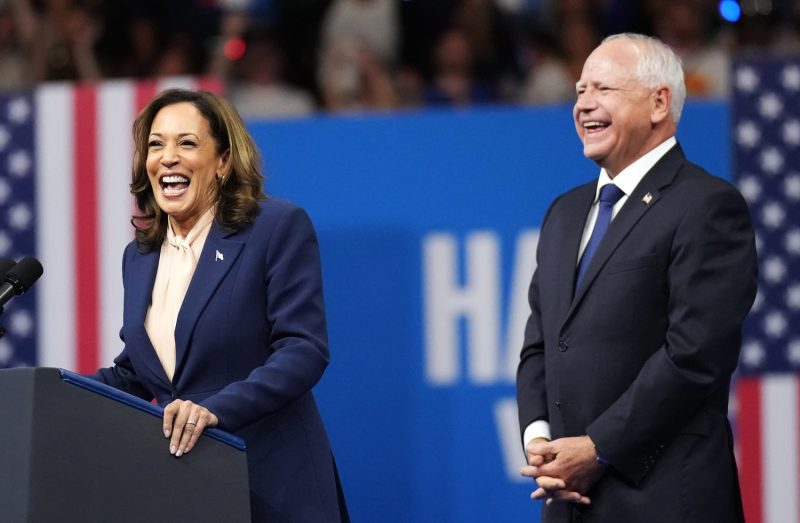Economy
21-09-2024 12:13
1 Views
Defying National Directive, Local Teamsters Groups Rally Behind Harris with Bold Endorsements!

Title: Decentralized Union Endorsements: Local Teamsters Back Harris Despite National Union's Decision
The world of labor endorsements received a jolt recently when several localized chapters of the International Brotherhood of Teamsters broke ranks with their national body to endorse Vice President Kamala Harris independently. This riveting case of localized union action was spotlighted by an article on godzillanewz.com titled "Some Local Teamsters group announce Harris endorsements after national union declines to do so".
This divergent endorsement episode accentuates the revolutionary nature of labor politics, demonstrating the inherent principles of diversity, pluralism, and self-autonomy, which are often trumpeted by the union movement.
The International Brotherhood of Teamsters, known for its history as a powerhouse of organized labor, represents 1.4 million members in North America. A spectrum of industries ranging from package delivery to airline pilots comes under the union's umbrella.
These local Teamsters groups have propelled Vice President Kamala Harris to the center of pro-worker national dialogue through their endorsement, proclaiming their support constitutes their advocacy for pro-labor legislative programs that she is known to represent.
The local groups' decision juxtaposes with the silence at the national level, where the Teamsters' national body has chosen not to back any specific candidate, a stance that illustrates an intriguing dynamic in union politics.
Teamsters Local 25 in Boston, a significant component of the union nationally, cited Harris's sustained support for labor causes and her continued endorsement of workers' rights as the motivation behind their endorsement. The local union sees Harris as a key advocate for the working class in the country's political landscape, delivering on pro-worker agenda items that resonate with their members.
Other Teamsters locals, such as the Ontario-based Teamsters Local 419, echoed these sentiments, viewing Harris not just as a political figure, but a partner in fighting for workers' rights, fair wages, and better working conditions.
The disparity between localized and national endorsement strategies presents a fascinating wrinkle in the fabric of labor politics. It signifies the autonomy and diversity within union structures, which allows for varied responses to national politics, tailored to meet their membership's unique needs.
Specifically, in the realm of U.S. political endorsements, these divergences reflect the heterogeneity within labor unions and their prioritization of local interests over blanket national consensus.
All told, these endorsements depict the nature of unions as localized bodies of power, advocating for shared and specific interests of its membership, even when such commitments break step with national leadership. The Teamsters' actions underscore the democratic essence of labor unions, advocating for individual voices to be heard in commemoration of workers' rights.
In conclusion, the local Teamsters endorsements for Vice President Kamala Harris, despite the broader national union's decision, embodies decentralization of power and the spirit of local autonomy, a fundamental characteristic of unionism in North America. It underlines how labor politics function as a dynamic landscape where local priorities can, and do, shape national discourse.

